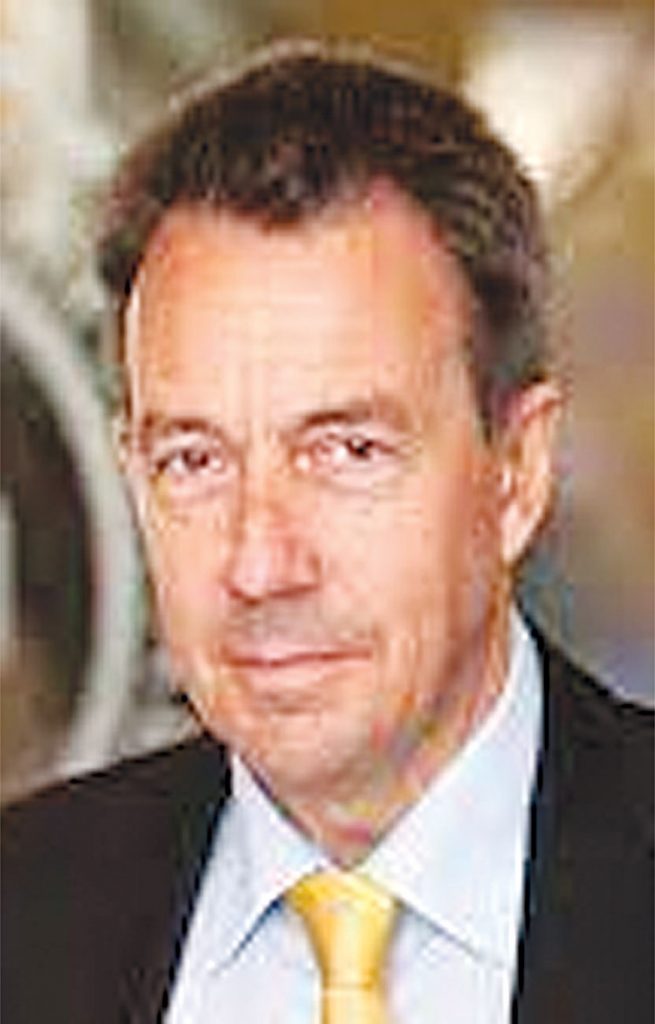
Moscow, Jun 23 (FN Agency), Ksenia Shakalova The International Committee of the Red Cross (ICRC) hopes that the international conference on Libya, which starts in Berlin on Wednesday, will bring some progress in important humanitarian issues such as the return of the displaced people, infrastructure restoration and addressing the situation with migrants, ICRC President Peter Maurer told Sputnik. “We are not a member of the conference … I think everybody agrees that the last month has been more encouraging than the previous months. For the first time in a long [period] we have a perspective that the process of bringing the parties together in Libya is really hitting the ground, and so I hope that we get more support and more consensus amongst the parties to move forward on this critical issues: the return of displaced people, the rehabilitation of infrastructure, the support of returnees, issues of migrants and situation of migrants in Libya, this needs a political process and we hope that the Berlin [conference] will move forward,” Maurer said on the sidelines of the IX Moscow Conference on International Security.
At the same time, the ICRC chief warned against being too optimistic, as it is impossible to “get out of a conflict in a day.” The ICRC made contributions with regard to the humanitarian situation in Libya and it saw “some positive steps” over the past couple of months regarding displaced people return, Maurer added. “The ICRC has launched a program to support Libyans who have been displaced … Similar to the situation in Syria, we have quite a deep insight on what needs to be done next in order to stabilize the situation in the Libyan society. So you can expect us within the specific working group on international humanitarian law to make proposals, as well as to be in close contact with the political process. But of course, it is a political process and we are not part of that process, we are making inputs from a humanitarian perspective,” Maurer concluded.

